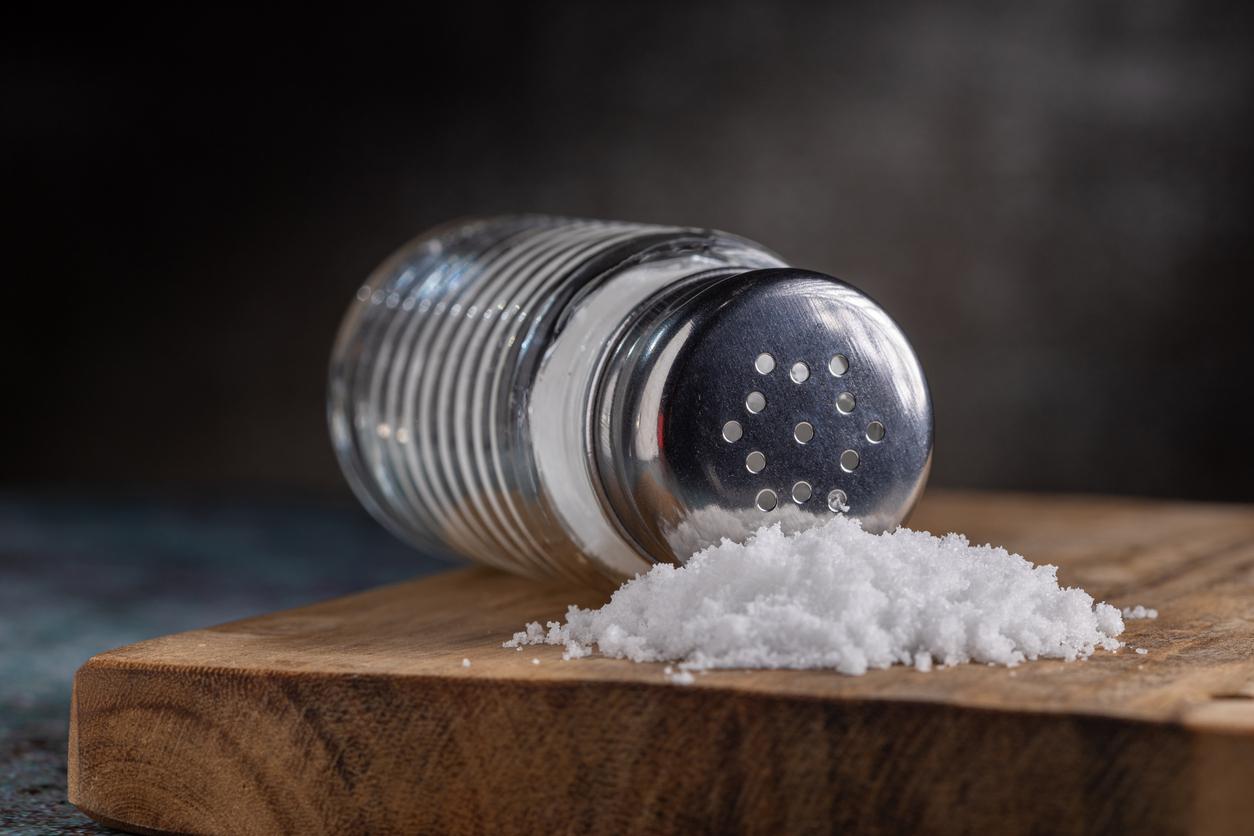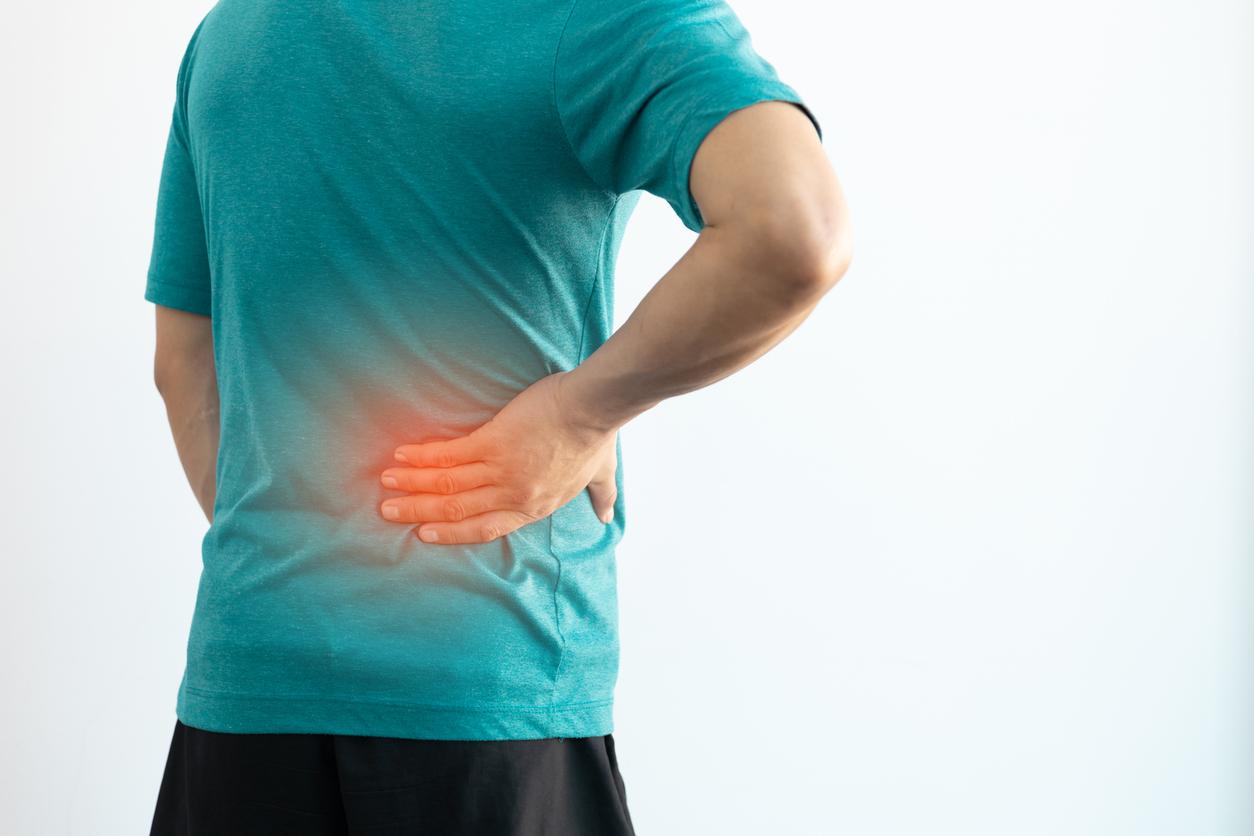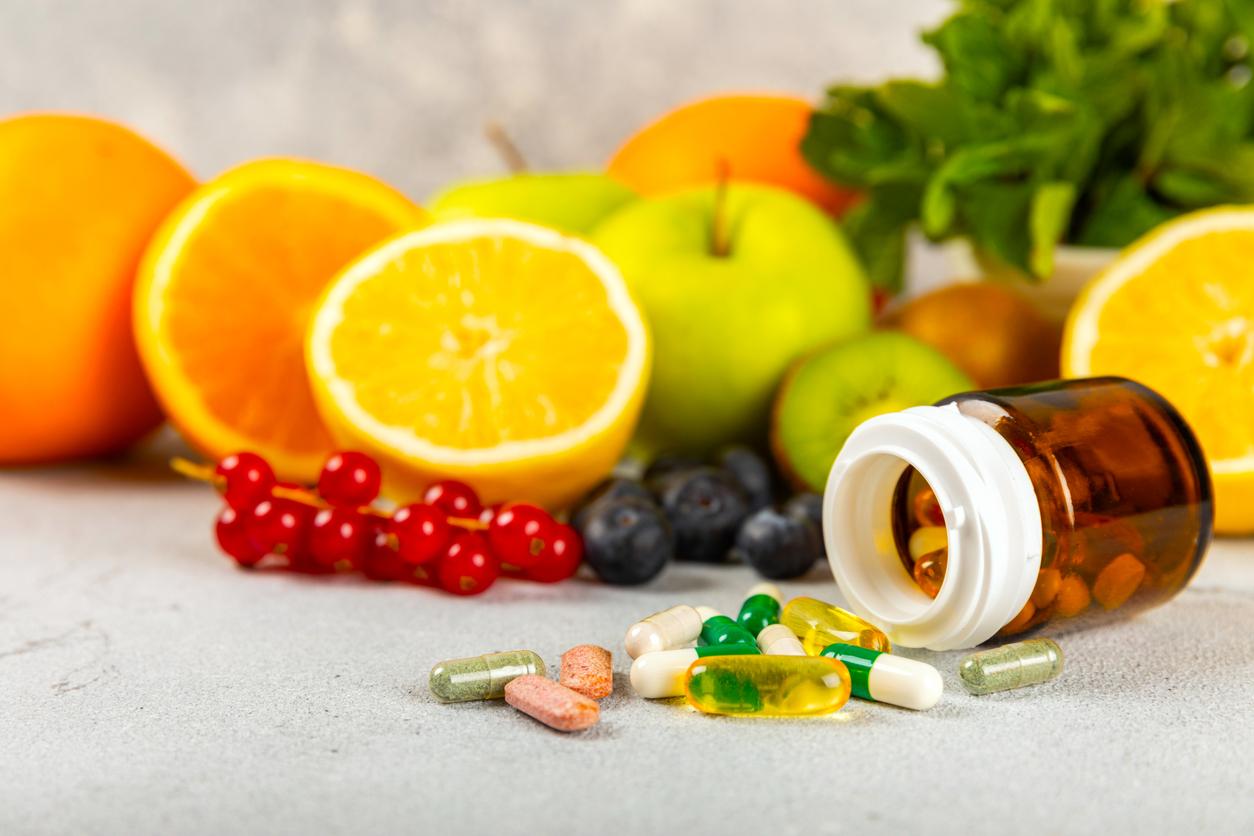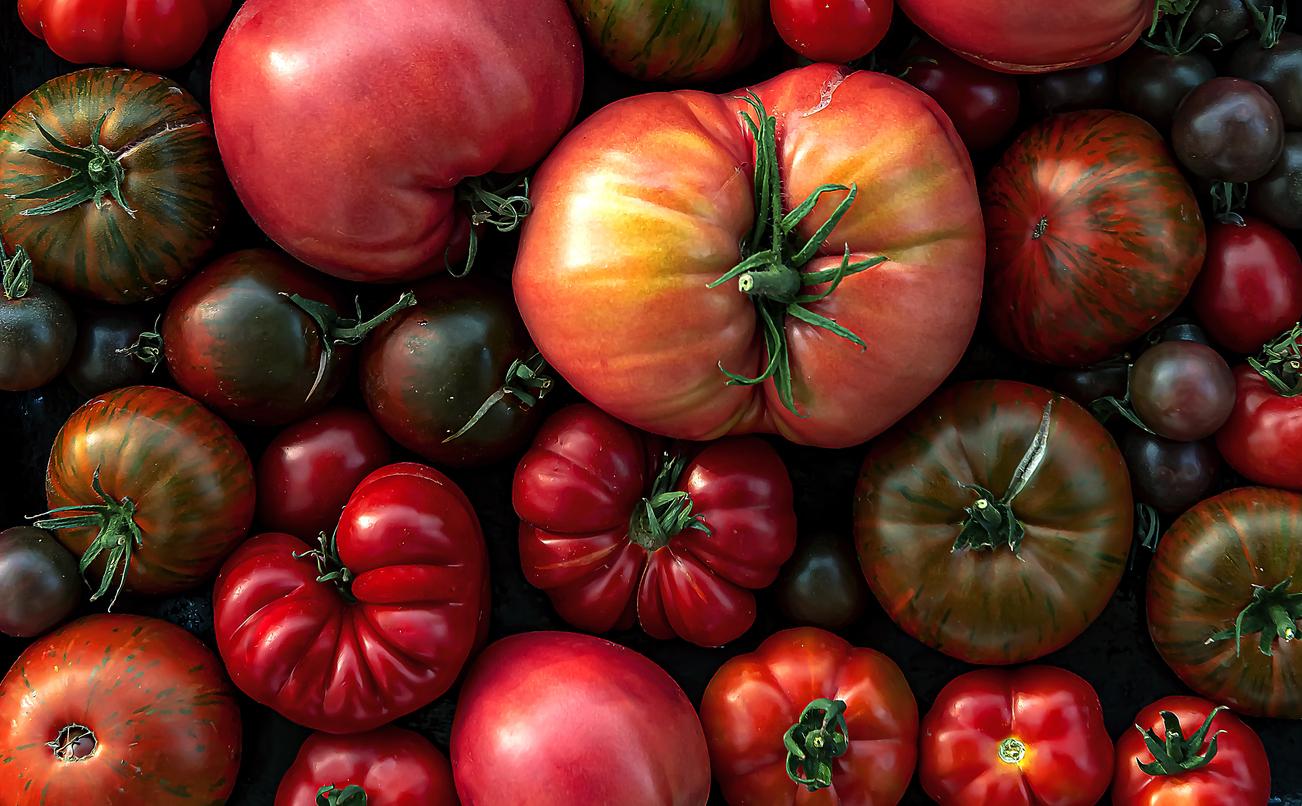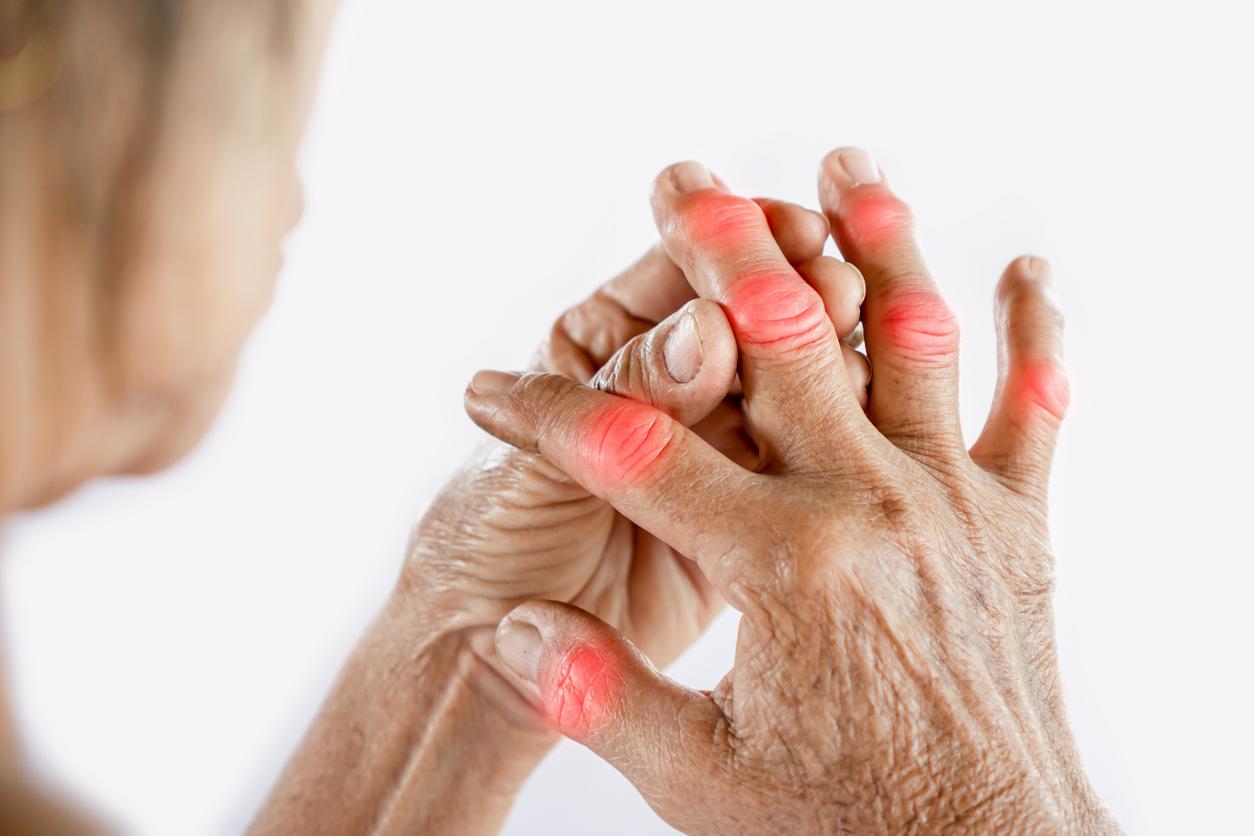A diet lower in calcium and potassium, as well as a low intake of liquids, caffeine and phytate, increases the risk of suffering from a kidney stone.
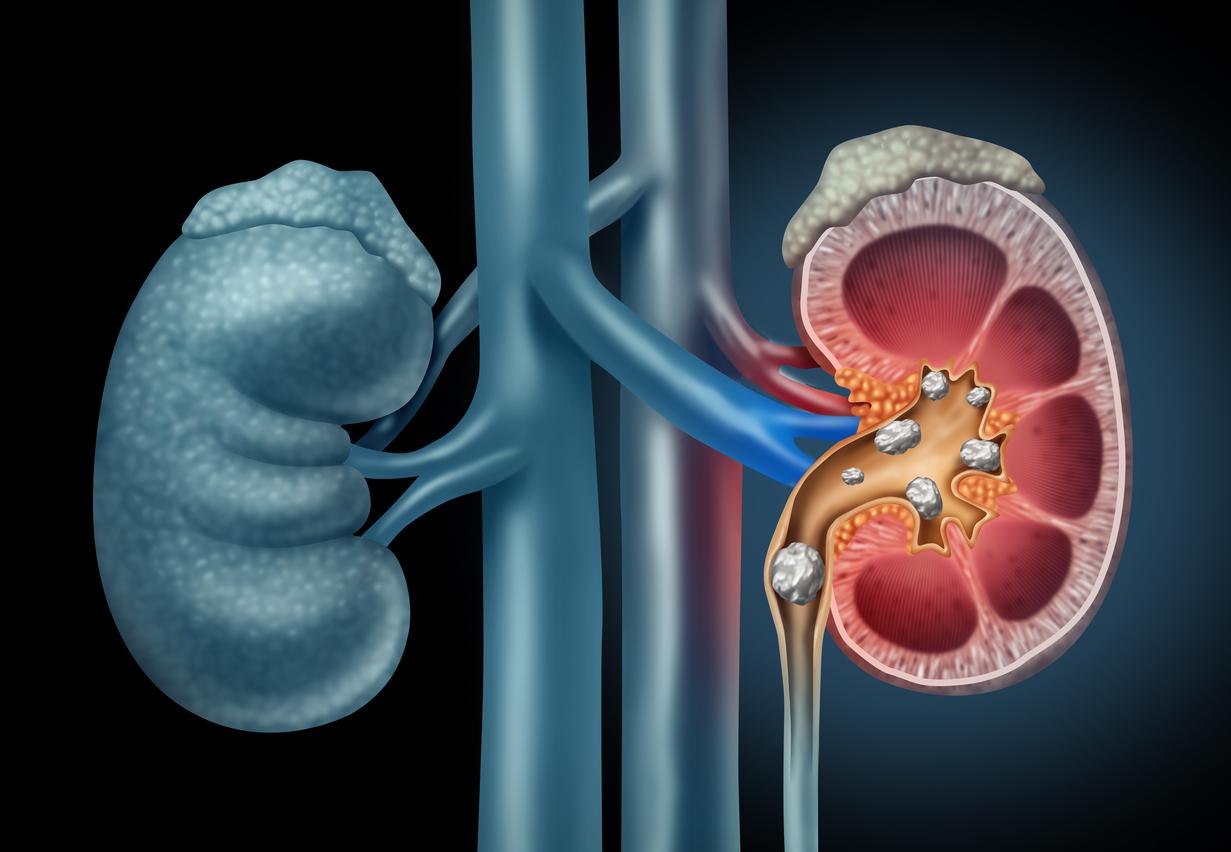
- A diet lower in calcium and potassium, as well as a low intake of fluids, caffeine and phytate, are associated with a higher likelihood of suffering from a symptomatic kidney stone for the first time.
- Low fluid and caffeine intake can cause low urine volume and increased urine concentration, contributing to stone formation.
- Phytate is an antioxidant compound found in whole grains, nuts, and other foods that may cause increased calcium absorption and urinary calcium excretion.
Kidney stones can not only cause excruciating pain but are also associated with chronic kidney disease, osteoporosis and cardiovascular disease. For those who develop a kidney stone for the first time, the chance of a recurrence is 30% within five years.
Diet changes are often prescribed to prevent recurring symptomatic kidney stones. However, little research is available regarding dietary changes for those with one incident of kidney stone formation compared to those with recurrent incidents.
Fruits and vegetables rich in potassium and calcium are preferred
Mayo Clinic researchers designed a prospective study to investigate the impact of dietary changes. Their findings show that diets with foods high in calcium and potassium can prevent recurring symptomatic kidney stones.
They conclude that to better prevent these, patients should in particular add more fruits and vegetables rich in calcium and potassium to their diet. Potassium-rich fruits include, for example, bananas, oranges, grapefruits, cantaloupes, honeydew melons and apricots. Vegetables include mushrooms, peas, cucumbers and zucchini.
The dietary factors were based on a questionnaire given to 411 patients who had had symptomatic kidney stones for the first time and a control group of 384 people – all of whom were seen at Mayo Clinic in Rochester and Mayo Clinic in Florida between 2009 and 2018.
Low intake of fluids, caffeine and phytate increases the risk
The results, published in Mayo Clinic Proceedingsshow that a diet lower in calcium and potassium, as well as a low intake of fluids, caffeine and phytate, are associated with a higher likelihood of suffering from a symptomatic kidney stone for the first time.
Low fluid and caffeine intake can cause low urine volume and increased urine concentration, contributing to stone formation. Phytate is an antioxidant compound found in whole grains, nuts, and other foods that may cause increased calcium absorption and urinary calcium excretion.
Of the patients who had stone formation for the first time, 73 experienced recurrent stones within a median follow-up time of 4.1 years. Further analysis revealed that lower levels of calcium and potassium in the diet predicted recurrence.
1,200 mg of calcium are recommended per day
Fluid intake of less than 3,400 milliliters per day, or about nine 35-centiliter glasses, is associated with the first formation of stones, as well as caffeine and phytate intake, according to the study. Daily fluid intake includes intake of foods such as fruits and vegetables.
Low dietary intake of calcium and potassium was a stronger predictor than fluid intake of recurrent kidney stone formation, says Api Chewcharat, first author of the paper and postdoctoral researcher at Mayo Clinic at the time of the study. , in a communicated. “That’s not to say high fluid intake isn’t important. We just didn’t find any benefit from increasing fluid intake in patients with a history of kidney stone formation”he says.
The study concludes that diets with a daily intake of 1,200 milligrams of calcium can help prevent early kidney stones and recurrent kidney stones. This daily intake is consistent with the usual recommended daily nutrition.








